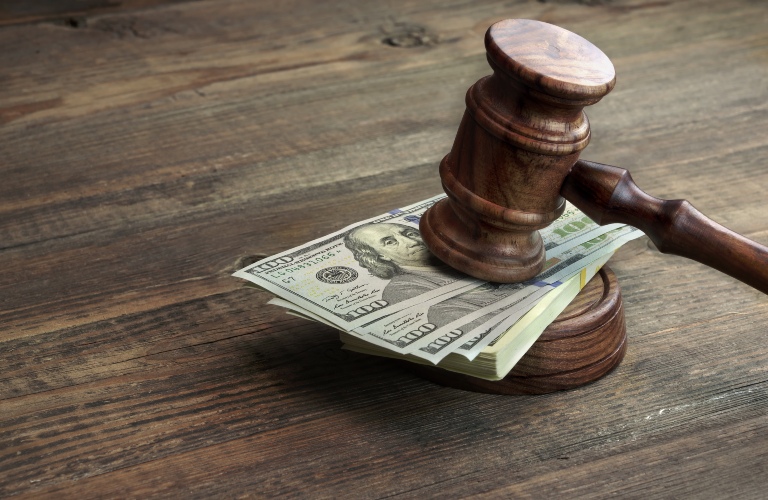
Declaring bankruptcy is a significant financial choice, and many individuals worry about its effect on their credit. The reality is that bankruptcy does impact your credit score, but this impact is not permanent. With the right strategies, you can start to rebuild your credit and financial stability sooner than expected.
The Initial Impact on Your Credit Score
When you file for bankruptcy, it will almost certainly cause your credit score to drop — often significantly, depending on where your score was before filing. For someone with a high score (700 or above), the drop could be between 150 to 240 points. If your score is already low due to missed payments or high debt utilization, the impact may be less dramatic but still noticeable.
The duration of bankruptcy’s impact on your credit report will depend on the following:
- Chapter 7 bankruptcy stays on your credit report for a decade from the filing date.
- Chapter 13 bankruptcy, featuring a repayment plan, remains on your report for seven years from the filing date.
Although these timeframes may seem daunting, the positive aspect is that your score can begin to rise well before the bankruptcy is removed from your report—particularly if you make wise decisions to rebuild.
Bankruptcy Is Not the End of the Road
It’s important to remember that bankruptcy is meant to help you recover. If you were already behind on payments, overextended on credit, or facing collections, your credit likely was not in great shape to begin with. Filing for bankruptcy can stop the bleeding and give you a structured path toward financial recovery.
In fact, many individuals discover credit card offers or car loan options arriving just months after a bankruptcy discharge. Although these offers may feature higher interest rates or lower limits, they allow you to begin restoring your credit profile.
Steps to Rebuild Your Credit After Bankruptcy
Restoring your credit following bankruptcy requires patience and commitment, but it is completely possible.

Review Your Credit Report
Once your bankruptcy is finalized, review your credit report from each of the three bureaus (Equifax, Experian, and TransUnion) to verify that the debts discharged are accurately noted. Inaccuracies could negatively impact your score, so be sure to dispute any mistakes you find.
Create a Budget and Stick to It
One of the key actions you can take is to manage your finances wisely moving forward. A transparent and achievable budget lets you stay focused and prevents you from repeating the habits that caused your previous issues.
Apply for a Secured Credit Card
These cards need a cash deposit as collateral, yet they report to credit bureaus just like standard credit cards. They are ideal for small purchases, and by paying off the balance in full every month, you can start to rebuild your credit responsibly.
Make All Payments on Time
Your payment history plays a crucial role in determining your credit score. Consider establishing automatic payments or setting reminders to guarantee you always make your payments on time.
Be Patient and Consistent
Rebuilding credit takes time. It is a marathon, not a sprint. The longer you demonstrate responsible financial habits, the higher your score will rise.
Let Duncan & Brow Help You Get a Fresh Start
At Duncan & Brow, we recognize that filing for bankruptcy is a significant decision. Our team is dedicated to supporting you through this journey with empathy, legal expertise, and a commitment to your future stability.
If you’re considering bankruptcy or want to understand your options, we’re ready to help. Contact our Georgia offices today for a free consultation.


